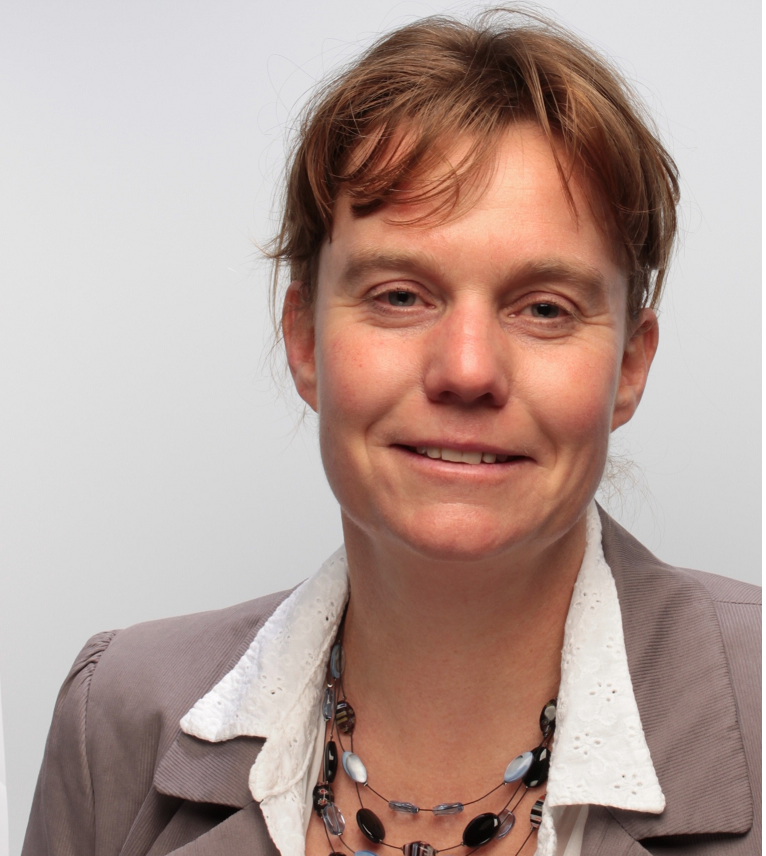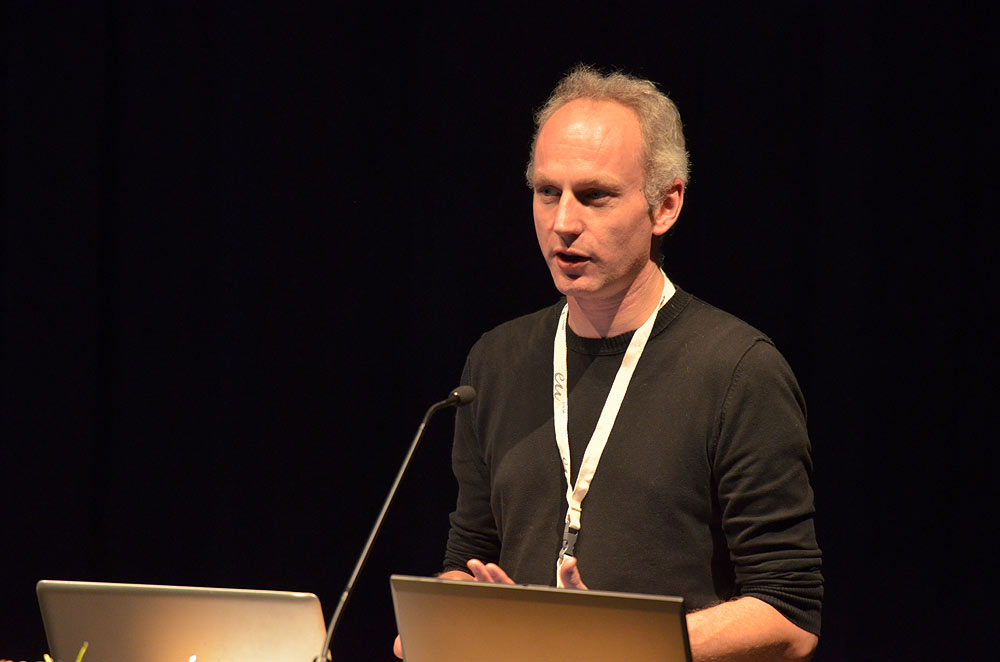
|
Keynote Speaker
The Future of Gaming, Modeling and Simulation: Programmers Still Necessary

|
Joseph M. Saur |
Abstract
Despite the ongoing attempts by toolbuilders to eliminate the need for programmers, modelers, and game designers, the future is not bleak. The issue is not ease of use; it's the difference in thinking. Politicians, economists, doctors, generals: while all of them want to know the outcome, or to use the game, they think in amorphous, fuzzy terms, and computers just don't. So we will continue to need programmers, modelers and game designers to translate the desires of the users into 1's and 0's.
Curriculum Vitae
Mr. Saur has been an active miniatures gamer for many years. During a 20-year Navy career, he organized and conducted tactical naval wargames for junior officer training aboard ship, completed studies at the U.S. Naval War College, and participated in a number of large-scale wargames while a student at the College. Since then, he has participated in Air Force games to predict the impact of proposed capabilities, taught courses on "The Fundamentals of Combat Modeling" (Georgia Tech) and "Video Game Construction" (ECPI University). Mr. Saur, who holds a Master's degree in Computer Science, currently works for Georgia Tech Research Institute as a Senior Researcher.
Invited Speakers
Good Game Design: lessons learned from the military

|
Dr. A.H. (Anja) van der Hulst |
Abstract
With the push of civilian commercial technology development and the emergence of a vast military gaming community, military gaming technology undergoes an extremely rapid evolution. At present, all NATO partners have adopted Serious Games (SG) as essential training platforms as well as many civilian parties in safety and security. We’ll report on our 10 years of research, developments and field testing of Serious games for tactics and strategic training in the military and civil safety and security domain. While developing games for e.g. infantry, cavalry, crowd and riot control, countering improvised explosive devices, naval tactics, disaster management and the comprehensive approach, we made many brilliant mistakes in design and implementation and faced the consequences. In the briefing ,we’ll reconstruct the mistakes make and share our reflections on good game design for tactics and strategic training.
The games in use are generally based on generic toolkits such as VBS2 and provide limited fidelity environments. for e.g. infantry, cavalry and combined arms training. In contrast to the high cost and usually high fidelity simulators which games provide.
In the past 10 years we developed Gaming based training for extensive field testing combined with a broad literature analysis to reveal what presently does and does not work in training with military gaming technology. Besides kinetic operations, we explored the lower spectrum of force, considering tasks such as reconnaissance, social patrol, road blocking, knock, talk and search.
This talk will discuss the main conclusions and recommendations of the Dutch study regarding the potential of SG for Safety and Security training.
Curriculum Vitae
Anja van der Hulst PhD studied Educational Technology and obtained a PhD in applications of Artificial Intelligence to Educational Technology from the University of Amsterdam. At present, she is project manager and senior researcher at the Dutch research organization TNO, primarily in the field of Serious Gaming for tactical- and strategic training in the Safety and Security domain. She coordinates the Serious Gaming research at TNO and lectures in Serious Game design at the University of Amsterdam.

|
Sven Vyncke |
Abstract
tba
Curriculum Vitae
tba



 Tel: +1.703-630-2400 (o)
Tel: +1.703-630-2400 (o)








